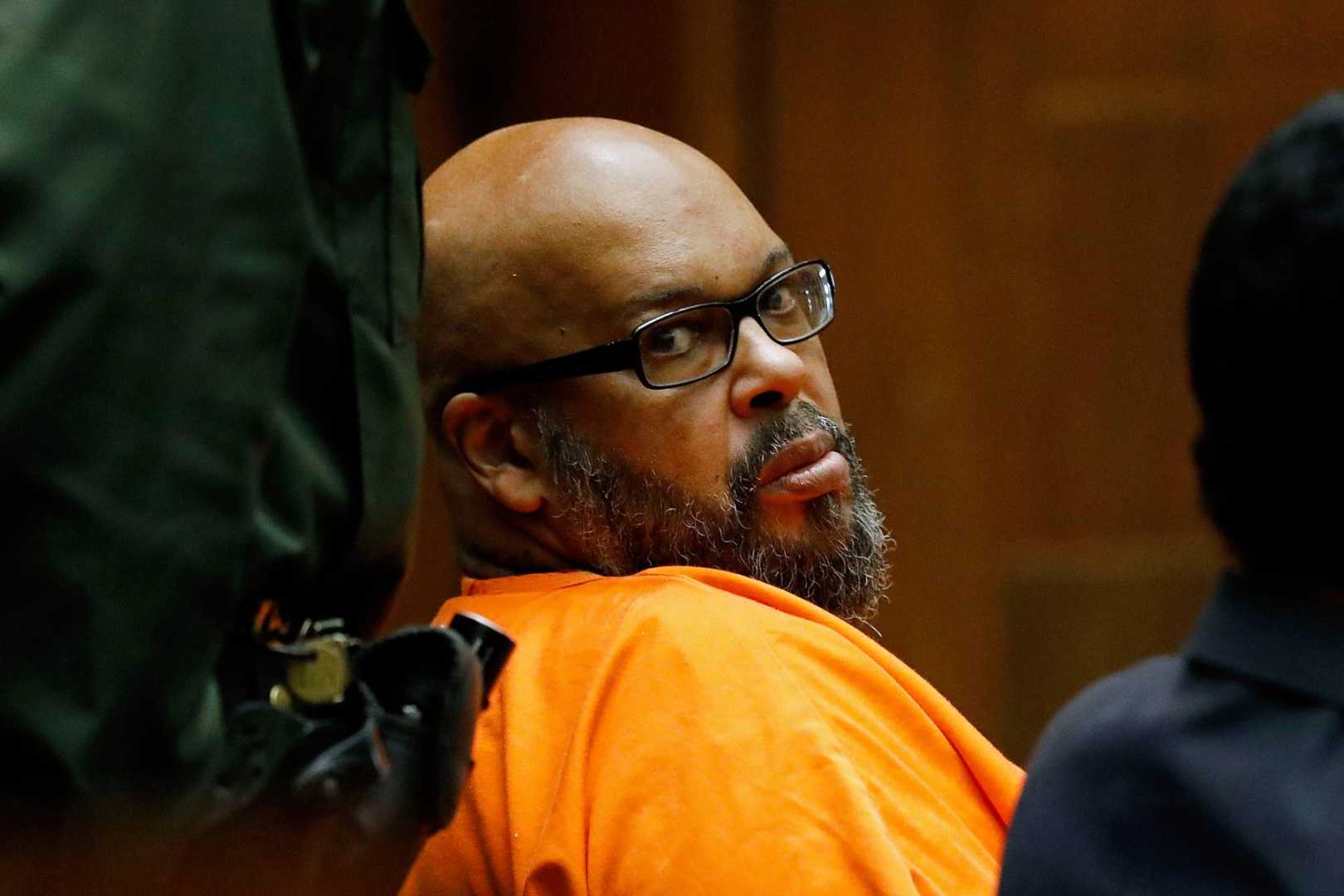News
Suge Knight’s Wrongful Death Retrial Takes Unexpected Turn in Los Angeles

Los Angeles, CA — Suge Knight‘s wrongful death retrial experienced a dramatic twist on April 22, 2025, when the founder of Death Row Records denied an agreement made by his attorney regarding a late settlement in the ongoing civil case. The potential settlement was meant to avoid a jury trial about the 2015 hit-and-run that resulted in the death of Terry Carter.
During the jury selection in downtown Los Angeles, Knight’s lawyer, David Kenner, and attorney for Carter’s family, Lance Behringer, announced that they had come to a ‘mutual agreement’ on the liability of the case. This eleventh-hour settlement would allow the trial to move directly to the damages phase without an admission of liability from Knight, as confirmed by the judge’s minute order.
However, moments after the judge set a hearing for May 27 to discuss damages, Knight interrupted the proceedings, stating there was no such deal. Speaking remotely from prison, where he is serving a 28-year sentence related to Carter’s death, Knight insisted, ‘There was no deal,’ which contradicted his lawyer’s earlier claims.
A courtroom source described the atmosphere as tense, with reports of ‘screaming and yelling’ during the hearing. Following Knight’s denial, Kenner once again tried to withdraw from representing him, but Los Angeles County Judge Thomas Long opted to defer a decision on the request.
Meanwhile, the trial is poised to continue with jury selection put on hold and a follow-up hearing scheduled for April 29. Kenner expressed his frustration, stating, ‘I need to communicate with Mr. Knight, but we have a breakdown in communication.’ Knight, on the other hand, stressed his wish to retain Kenner as his counsel despite their strained relationship.
The wrongful death lawsuit was initiated by Lillian Carter, Terry Carter’s widow, and their daughters in June 2015, following the tragic incident in which Knight’s truck ran over Carter. The first trial concluded with a hung jury last year.
Under oath in the previous trial, Knight claimed he acted in self-defense, insisting that a conflict ensued with another individual present at the scene. However, Behringer argued that surveillance footage showed Knight had a responsibility to yield to pedestrians once the immediate threat was neutralized.
As the case develops, all eyes remain on the next scheduled court dates, where both sides must grapple with the significant implications of this high-profile retrial.












